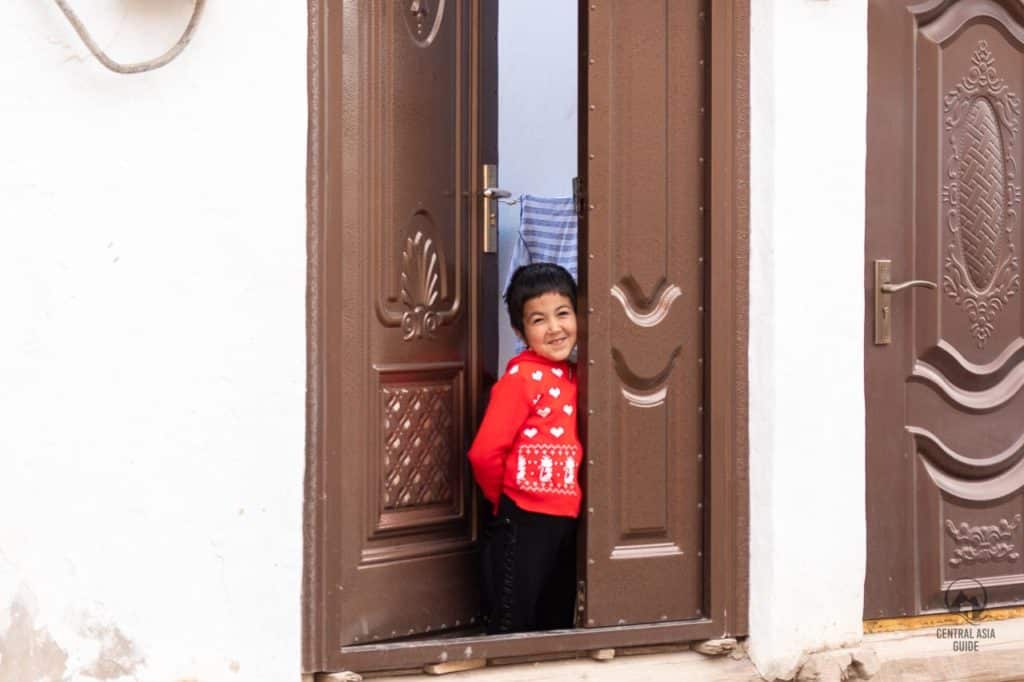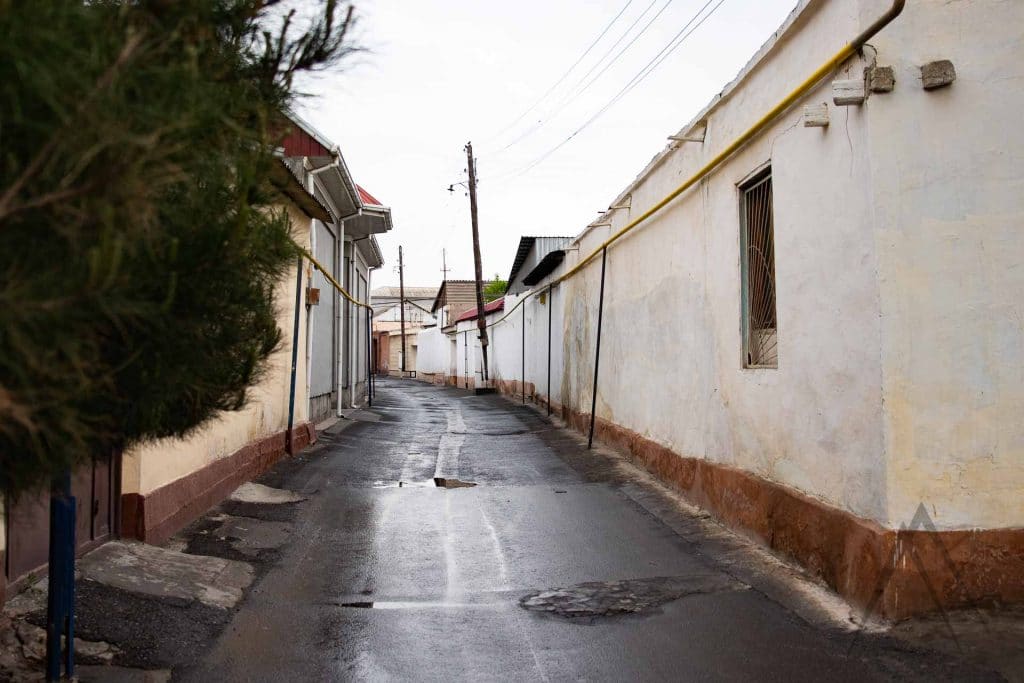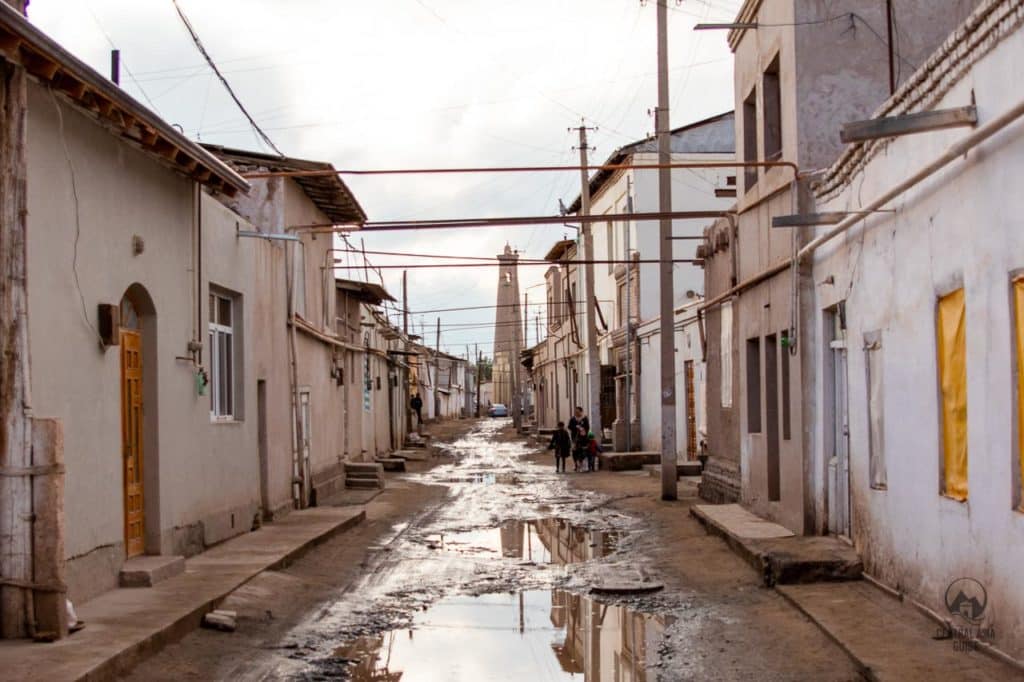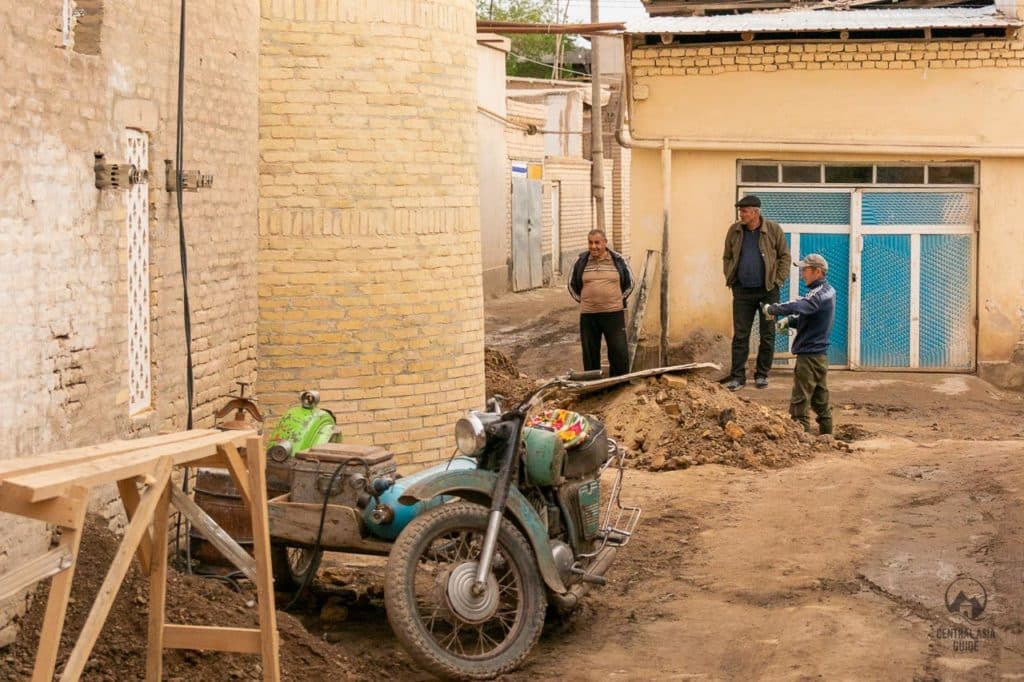Uzbek Mahalla
Uzbek Mahalla
What is a Mahalla?
Mahalla in Uzbekistan means a neighborhood or local community but originally the word “mahalla” came from the Arabic language translating as “locality”. In Uzbekistan, mahalla is a separate self-governing public organization and basically each Uzbek is a member of a mahalla. The role and importance of mahallas have always been invaluable in carefully preserving the multi-ethnic Uzbek people’s national and universal human values, culture, way of life, thoughts and spirituality that have been passed down for generations. Uzbek mahallas even exist in neighboring countries among the local ethic Uzbeks but possibly unofficially, in Kyrgyzstan (Uzgen, Osh) and Southern Kazakhstan (Shymkent, Sayram). In independent Uzbekistan Mahalla is an officially established institution recognized by the state.


A brief history of Mahalla
Uzbek mahalla dates back to ancient times as a powerful seat of culture, an active citizens’ self-governing body, the entity closest to the people, and a unique civil society institution and has roots in the village size communities or parishes. When the Soviets came into power in Central Asia, they wisely decided that instead of breaking the centuries-long traditions of the mahalla, it is easier to take it under control and use it for their own advantage. Therefore mahallas survived the twentieth century and continues to do so today.


After Uzbekistan got independent in 1991, the authorities expanded the role and responsibilities of mahallas. The year 2003 was declared the “Year of the Mahalla” by ex-president Islam Karimov and mahalla was officially transformed into the basic administrative unit of local government.
Today mahallas are hybrid institutions, operating both as part of the formal system of public administration as well as an informal, community-based welfare system. The formal one means that there are committees headed by a state-salaried chairmen that act on behalf of the state while informal means that social mahallas are established on moral ideas of solidarity and mutual help and are led by an aksakal (elderly person) chosen by the residents.
More about Uzbek Culture
Page updated 23.11.2022